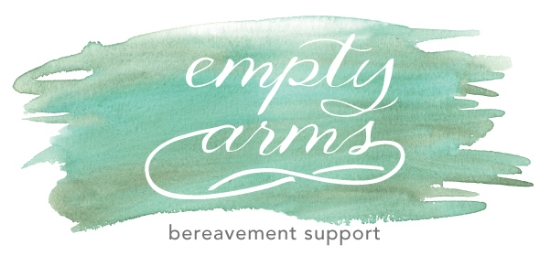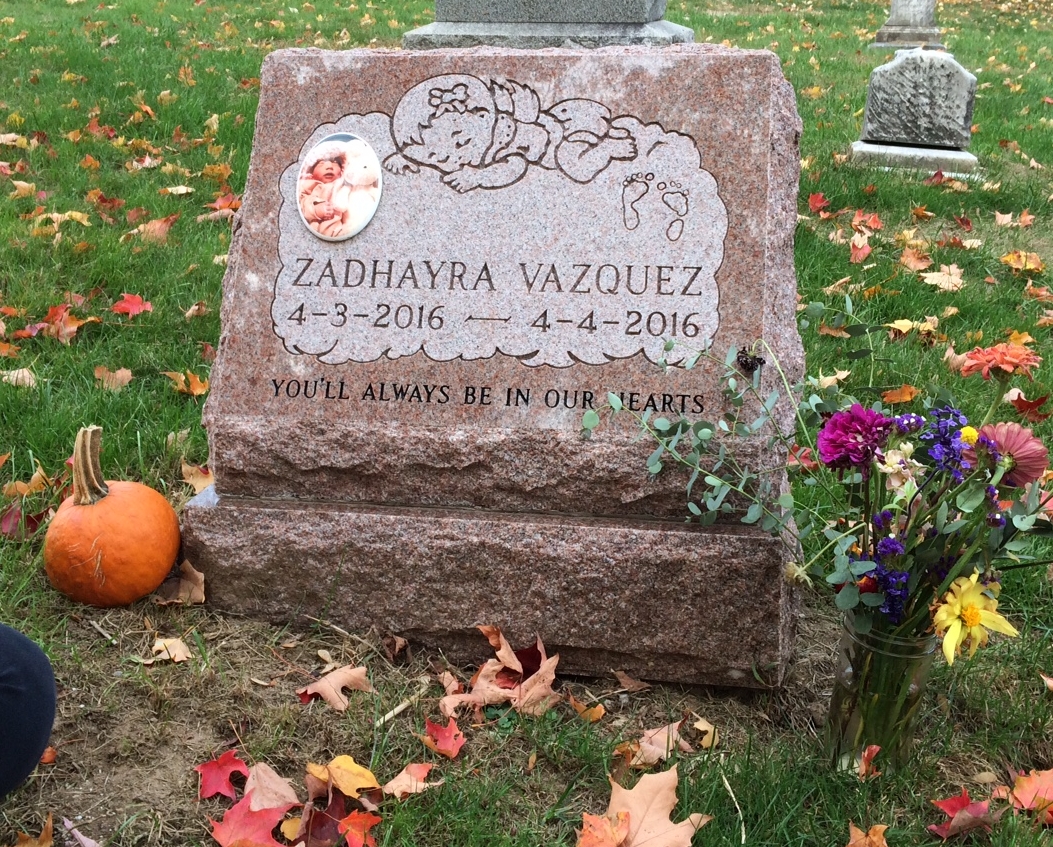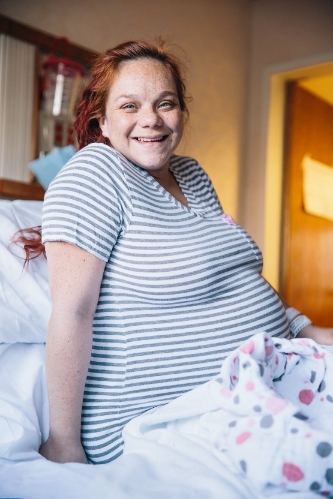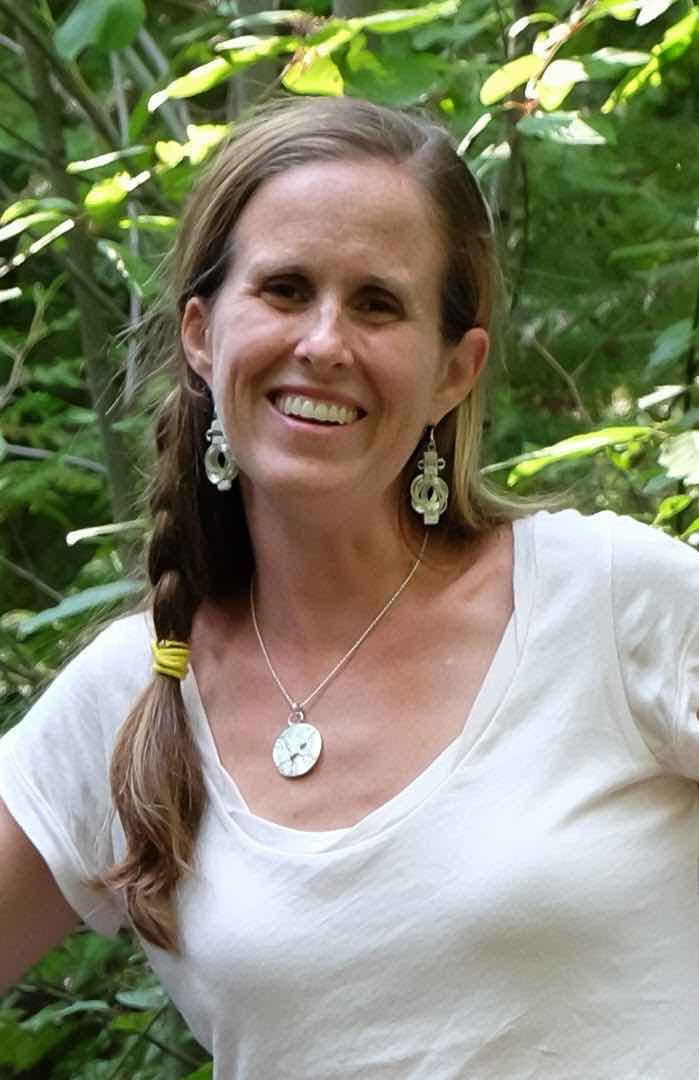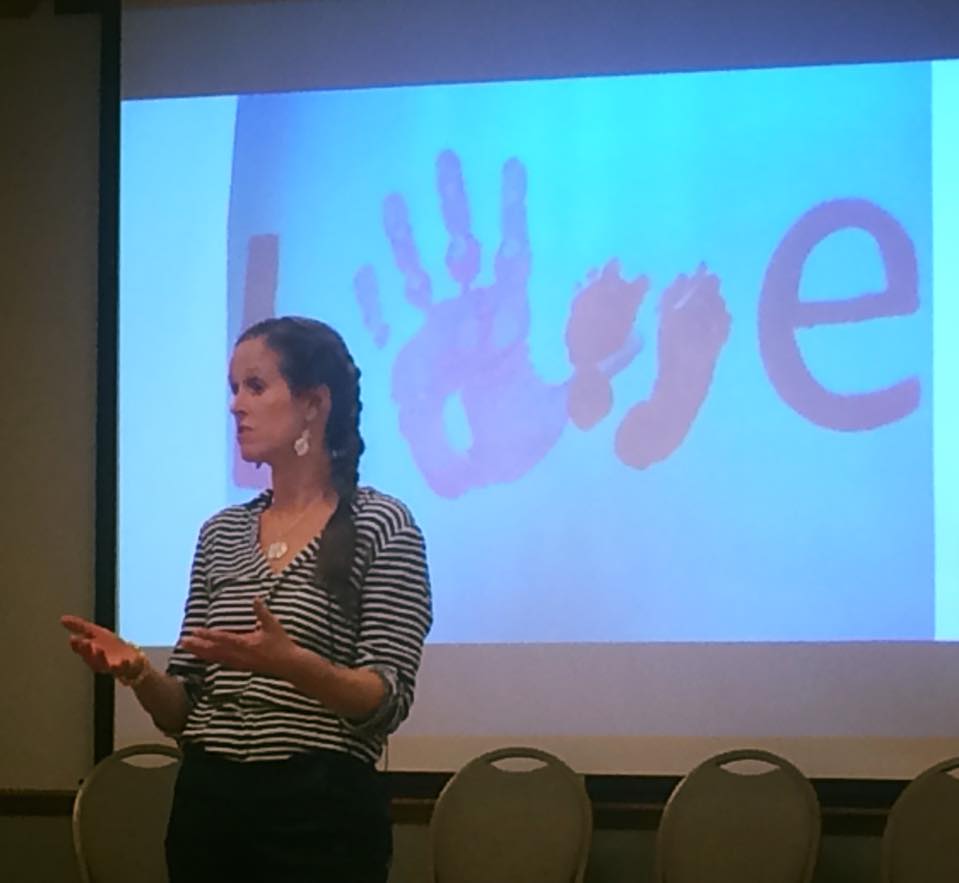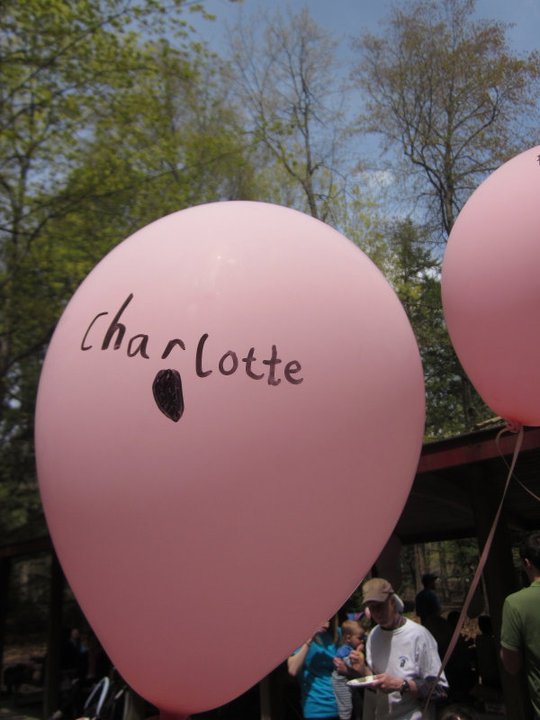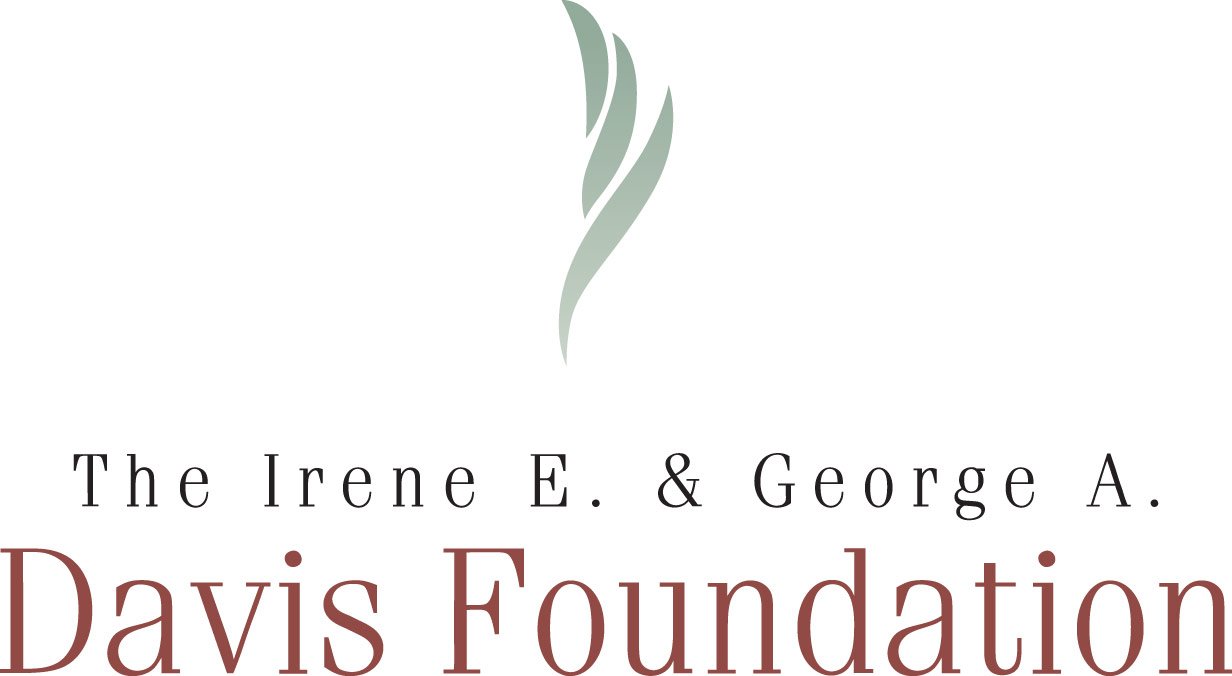Knowing Hearts, Helping Hands
/By Carol McMurrich and Katrina Van Naerssen
It was a warm June day when I got the call, curiously on a day where I had planned to work, but didn't have a dreadfully long to-do list. I was sitting in the office when one of my dearest midwives called from the hospital down the road. I have a family I need you to go to, she said, right now. And I was able to say, I'm on my way. Less than a mile down the road, and I was there.
This couple, they were lovely. Their home was light filled, with a small collection of tiny shoes by the back door, so I knew this wasn't their first. They had only just walked in the door, having come home from the appointment that revealed that their baby girl had no heartbeat. They invited me in, and we retreated into their living room. They sat together on the couch. Katrina was beautiful, glowing. Her belly was round and perfect. It was hard to believe their baby girl would not come home.
These early moments are so dark and sad for me. I know that the family is in shock, yet I also know the worst is yet to come: the birth, the beauty of the time together, and the saying goodbye. I know that they are dumbfounded, thunderstruck by the sudden change in plans that has been foisted upon them. I want to change it. I cannot.
Walking with Kris, Katrina, and their two daughters was a privilege beyond description. The grace with which they welcomed little Annika, and the strength with which they honored their time with her, was humbling. The beauty of seeing the four of them together on the bed, Elodie natural and light in her two-year-old curiosity of her sister, was heart wrenching. As with every family whose life touches mine, I learned from them.
It is my privilege to be able to share with you today the words of Katrina, mother of Annika, who has written about her journey. Hers is one of many stories of the families we have touched over the past year. As an organization, it is hard to put words to the feeling of gratitude we have to be able to provide these families with what they would never have otherwise had: a loving guide, permission, and resources. It is because of you that we can do this.
So today, with my words, and with Katrina's, I thank you. - Carol
When you first get pregnant, your imagination immediately takes over. You quickly calculate the child’s birth date and you begin to imagine your new life together with that child. You imagine what they will look like, and how they will sound. You imagine their personality and the many milestones that lie ahead. Once we made it through the first trimester, we assumed that we were in the clear. Our worries subsided, and we turned to preparation and celebration.
With our pregnancy at 35 weeks, my husband, 2 and a half-year-old daughter and I were smoothly sailing into the final stretch. We were washing onesies and prepping our baby’s room. We were reading big-sister books and planning for grandparent help. We had a big yard sale to make room for the baby’s new things. But then, in a flash, it was over.
“I’m so sorry. There is no heartbeat” and with those fateful words, our world was turned upside down and changed forever.
I will never forget how bright the sun felt when we left the doctor’s office that day. How raw and exposed, and utterly betrayed and lonely we suddenly felt. All we wanted to do was curl up in a deep dark hole somewhere. Here we were - pregnant, the parents of a baby that would be dead before she took her first breath.
In those very first moments, we were referred to Carol and Empty Arms’ Companion Program. “Would you like to talk to someone?” our midwife asked, “I have someone who I’d really like to connect you with”. We had no idea what to do. Our older daughter was at daycare; we were supposed to go back to work that day. We desperately wanted to talk to someone, and to talk to no one at all. It had never occurred to us that this could happen. Our baby girl was due in just a few weeks. Everything had been going well…
Like the angel she is, Carol from Empty Arms showed up at our house within hours of us learning of Annika’s death. Carol listened to our story, shared her own experience of loss, explained to us what would happen next and what options we had. She explained that we could take as much time as we needed before checking into the hospital for delivery; that we could spend time with Annika at the hospital after she was born. We could arrange to have our older daughter and other family meet Annika; we could have pictures taken if we wanted to. So many things to think about…All so foreign and so very scary. Carol assured us that we would be OK; that there was no right or wrong way to do anything related to the upcoming birth and to the upcoming goodbyes. She would be there for us every step of the way. And she was. That night we picked up our daughter from friends, and took our first steps together into our new reality.
Two days later I gave birth to our baby Annika. She was 5lbs, 18 inches and so beautiful. She had dark hair, round cheeks, a face like her sister’s and perfect little fingers and toes. A simple knot in her cord had taken her life. We were able to spend a full day with her. Holding and rocking her, reading her books and singing her songs. Our older daughter came to meet her and gave her the stuffed bear she had picked out for her little sister. She touched her sister’s soft cheek and asked us a lot of questions. We sang Annika Happy Birthday and took family pictures together (thanks to another Empty Arms connection – Erin who volunteered her time and took amazing pictures). Her grandmothers were able to come to the hospital and hold her. For a moment, in our own strange way we were together as the family of four that we had imagined.
Carol was there alongside us through it all. Giving us the strength and courage we needed to put one foot in front of the other. She made 3D molds of Annika’s hands and feet for us to take home and later surprised us with a gorgeous photo book that she had made for our living daughter. The book lovingly explained that our daughter was still a big sister - she just had different big sister jobs to do now.
These memories and mementoes are some of the most precious things we have. They are what got us through those early days back at home and out in the world, and that keep us connected to our sweet baby girl today, now nine months later. We are now regulars at the Empty Arms support groups, as we navigate the forever changing landscape of grief and gratitude, loss and acceptance.
My husband and I regularly reflect on how incredibly grateful we are to live where we do, to have Carol and the Empty Arms Community here, cheering us on and offering a safe and loving space when we inevitably fall. Helping us get back up when we do. What would we have done without Carol and Empty Arms? Would we have spent time with Annika? Would we have introduced her to our older daughter? Taken pictures with her that we so cherish now? Would we have any tangible memories of her to hold on to? Who knows… Likely the answer is no, or at least not to the same degree. The thought of that terrifies us. It is those experiences, those memories, those mementos, the steady support of Empty Arms that is getting us through.
Losing a child is one of the worst things any parent can ever experience. It can be so lonely and so dark. Knowing hearts, helping hands, a safe and loving community are what get you through. Empty Arms has been, and continues to be, instrumental in providing this love, support and community for our family. While there is not a day that goes by that we do not wish Annika was here with us, we cherish the limited time that we had with her and the many gifts that she left us.
Written by Katrina van Naerssen, with help from Kris van Naerssen
